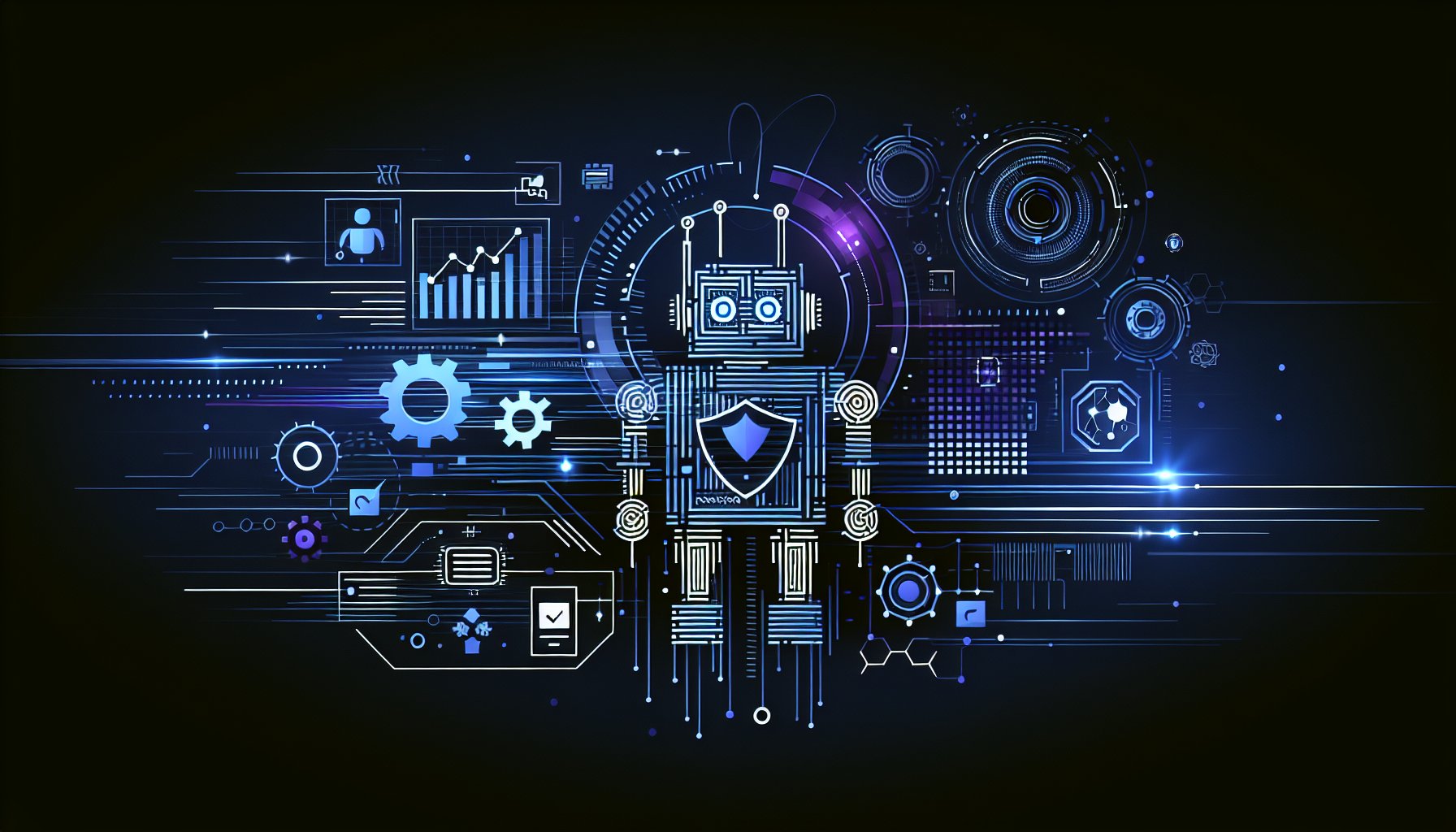Introduction
In an era where digital transformation has become the norm, understanding and implementing robust cybersecurity measures is more critical than ever. This blog post explores the latest trends, emerging technologies, and the best practices that are shaping the future of cybersecurity.
The Evolution of Cybersecurity
Cybersecurity has evolved from simple antivirus software and firewalls to complex systems that utilize Artificial Intelligence (AI), Machine Learning (ML), Blockchain, and Quantum Cryptography. These technologies help businesses stay a step ahead of cybercriminals, ensuring the integrity, confidentiality, and availability of their data.
Artificial Intelligence and Machine Learning in Cybersecurity
AI and ML play a crucial role in proactive threat detection and mitigation. They aid in identifying patterns, predicting threats, and automating responses. Algorithms can learn from previous cyber-attack patterns to predict and prevent future ones. They can also automate threat response, reducing the time taken to neutralize threats.
Blockchain for Enhanced Security
Blockchain technology, known for its decentralized nature, is being increasingly used for data security. It ensures data integrity by making unauthorized data alterations nearly impossible. The distributed nature of blockchain also ensures that the data is always available, even if part of the network is compromised.
Quantum Cryptography: The Future of Secure Communication
Quantum Cryptography promises a future where secure communication is the norm. It leverages the principles of quantum mechanics to encrypt data, making it virtually unhackable. Even if someone tries to intercept the communication, the data changes its state, alerting the sender and receiver about the intrusion.
Zero Trust Architecture: A Paradigm Shift in Cybersecurity
Gone are the days when trust was given freely within the network. The Zero Trust Architecture operates on the principle "Never Trust, Always Verify." It assumes every access request, whether it comes from within or outside the network, is a potential threat and verifies it before granting access.
Cybersecurity Hygiene: A Culture, Not a Task
In addition to leveraging technology, businesses must foster a culture of cybersecurity. This includes regular cybersecurity training for employees, enforcing strong password policies, and practicing the principle of least privilege, where users are granted the minimum levels of access necessary to perform their tasks.
Conclusion: Staying Ahead of the Curve
The world of cybersecurity is continuously evolving, and staying up-to-date with the latest developments is not just an option, but a necessity. By embracing AI, ML, Blockchain, Quantum Cryptography, and Zero Trust Architecture, businesses can fortify their IT infrastructure and stay a step ahead of cyber threats.
The key takeaway is to remember that cybersecurity is a continuous journey and not a destination. As our digital world expands and evolves, so too should our cybersecurity strategies and practices. Embrace the future, and stay secure!
